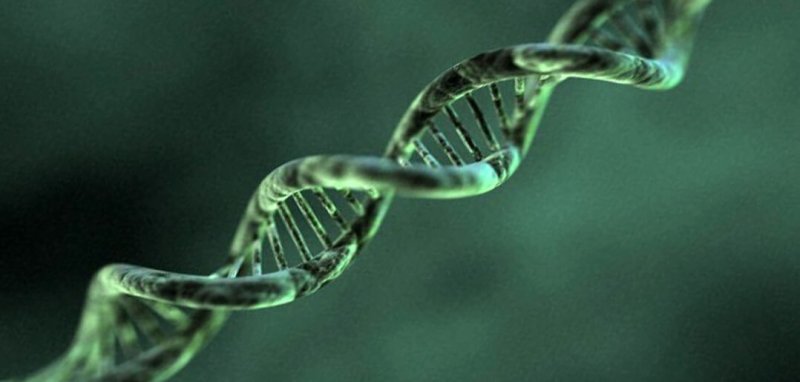Most people think carrying a gene variant associated with a disease means automatically getting that disease, according to Sekar Kathiresan, director of the Center of Genomic Medicine at Massachusetts General Hospital. That, he says, is not necessarily the case.
In the early days of testing human genes, researchers began to ask a key question: How often would people with a particular genetic variant become sick? It’s a concept called penetrance. They looked at genes like BRCA, a mutation associated with breast and ovarian cancer.
…
As they tested more patients, including ones who didn’t get sick, they realized that their early assumptions were off. The risk of a genetic variant causing a disease, was lower than they thought — much lower.
“The penetrance number that we had in our heads from the past 30 or 40 years of research is a gross overestimate,” said Kathiresan.
…
That discrepancy has big implications today for people who find out that they have a genetic variant that’s been previously associated with a disease. They may come across old estimates online that their chances for developing a life-threatening cancer is 80 percent when, in truth, the chances are only half that.
Read full, original post: Finding Out You Have a Genetic Mutation May Not Be as Bad as You Think































